Technology Is Heroin (2008)
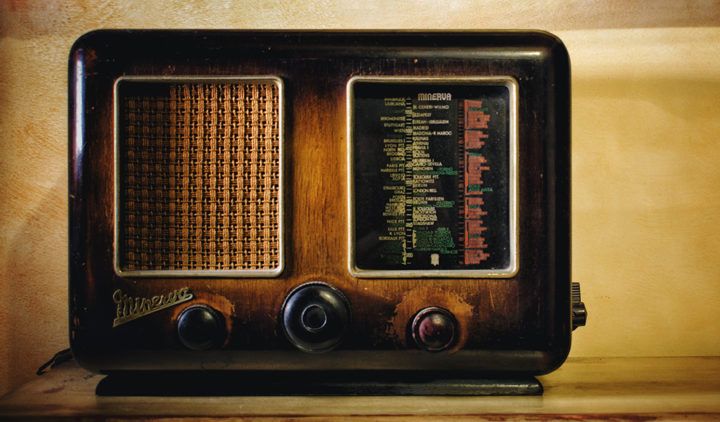
Ed: From 2008. This is believed to be the first mention of the combination of evolutionary pressures+addictive content as a driving force in technology creation
By Daniel on February 6, 2008 1:19 PM
In 1850 people didn't know how their favorite symphony sounded.
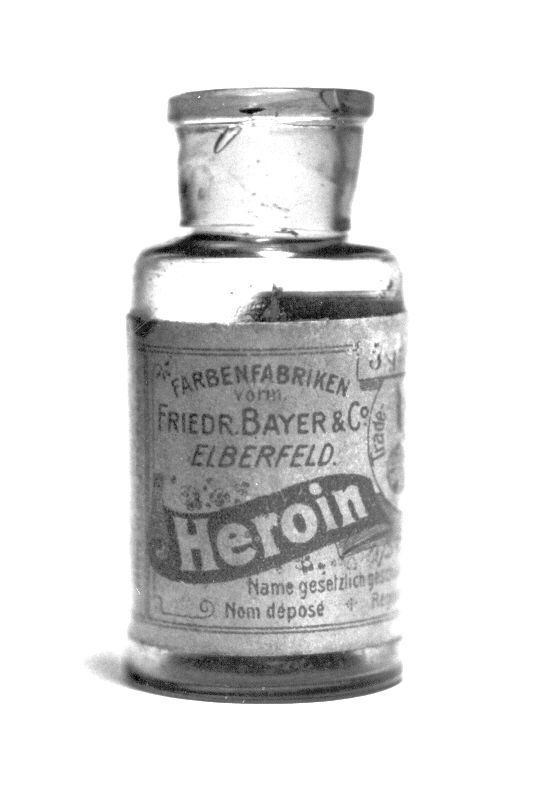
Back then, it was common for musicians to work hectic schedules and perform multiple shows in a row. Instruments were frequently out of tune and good, consistent timing was fairly new. In addition, going to the symphony was a big deal: you dressed up, you hitched up the horses, you went into town.
You might only hear your favorite symphony 5 or 6 times in your life. Each time it was probably slightly in a different key, with a slightly different tempo, played with slightly different instruments, and each time you actively strained to hear and remember how it all sounded.
You would sit very attentively, absorbing each and every note and drumbeat of the symphony. It was a play, a painting, an imaginary world come to life, and you were living in it. It was magic.
Want some fun diversion? That was different too. You could read, which required an above average education and concentration. The more you read, however, the more you could read, so it was a self-reinforcing pastime. You could perform music, which also took years of study and was self-reinforcing. Then there were games, which mostly either involved physical exercise or concentration.
Everything back then took work and time. In rural America, it wasn't unusual to walk five miles to a friend's house to play a few games of checkers. Life was monotonous and physically challenging. In the countryside there was no plumbing and electricity hadn't been invented yet. You spent a lot of time hauling around water, chopping firewood, planting and tending crops. It took nearly continuous physical activity. Leisure was no different: it took time, work, and active minds.
Want to socialize, hang out with the buds? It was a big deal, a special day. You'd either walk a ways or get on your horse and ride. If it were a really big day, like election, you'd hitch the wagon up to the plow team. It was a lot of work and hassle, but eventually you'd end up at the dance, the election, the church, the pub, or wherever. There would be drinking and story-telling ugoing on for hours on end. Hey -- these were your friends and it took a lot of hassle to spend time with them. For instance, when the American Colonies were formed, Ben Franklin and a few other delegates threw a kegger before everybody else arrived that went on for several days.
The chemical diversion for the vast majority of people was alcohol. Who can forget Franklin's famous quote about wine?
Behold the rain which descends from heaven upon our vineyards; there it enters the roots of the vines, to be changed into wine; a constant proof that God loves us, and loves to see us happy.
It wasn't an ideal life by any means, but by contrast within 50 years the devil himself paid a visit to western society and it made those days look like a picnic.
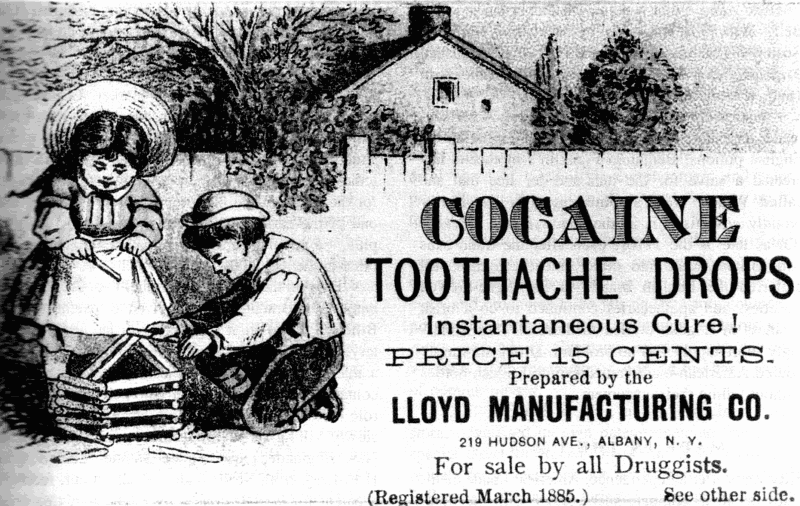
Fast forward. It's 1900 and you're in pain. As a Civil War vet and in your late 50s, most of the time you spend lamenting how lazy and dumb the current bunch of youngsters are. But you're old: Being 55 then is like being 75 today. Death was a very familiar sight. For most of history, toothaches were a common cause of death. You'd get an infected gum, then sepsis would set in. A few days later you're dead.
Help is on the way, however. The American Civil War saw the first use of morphine for pain relief. It's impossible to overstate what a difference it made. The opiates were truly miracle drugs. Got a bad war injury? Morphine could make you feel like you were floating in the clouds. Got a bad toothache? Put a little bit of cocaine on there and the dentist could pull it out while you laughed the whole time. How about a bad cough? Nothing like Heroin to fix up a coughing fit.
People who led dank, miserable lives because pain kept them suffering suddenly felt wonderful. They felt engaged, energized, and plugged into society. Heroin comes from the German heroisch, which means heroic, because in field studies people using the medicine felt "heroic" Women were encouraged to use opiates for "female problems", marital issues, boredom, and just for something fun to do. Nothing like a little blow to liven up a Victorian tea party, right? And you could buy the stuff anywhere. It was legal and cheap.
The wildly popular Thomas DeQuincey's "Confessions of an Opium Eater" described how good opium was:
I do not readily believe that any man, having once tasted the divine luxuries of opium, will afterwards descend to the gross and mortal enjoyments of alcohol.
I take it for granted That those eat now who never ate before, and those who always ate now eat the more.... What I contemplated in these Confessions was to emblazon the power of opium -- not over bodily disease and pain, but over the grander and more shadowy world of dreams
Then people woke up. They looked around and found large sections of society were hooked on dope. People spent their time zonked out. Work in the fields didn't get done. People who were high didn't socialize like they used to.
DeQuincey wrote a later book called "Miseries of Opium" in which he went on at length about how opium completely destroyed his life. But nobody bought that one.
You'd think that people would be pretty quick to recognize that opiates were a problem, but that's not how it actually happened. It took decades of zonked out Civil War vets, housewives who were so stoned they couldn't walk around the house, and professional doctors and lawyers -- professionals -- who were completely unable to perform for people to take notice. What finally drove change was the fact that life then was much more time-intensive. Nobody cared if you spent your days zonked out, but if you didn't plant your crops and your family was starving the community had to step in whether it wanted to or not.
The problem was that nobody had ever dealt with something like that before. People just assumed that new drugs -- the new technology -- was something that performed miracles. It was progress. It was the natural course of things. Sure, there might be some side effects, but we'll eventually figure it all out. Eventually, people thought, we'd work it out. Like everything else, it was simply a matter of moderation. There would be some new drug that would treat addiction in general and that would be that.
One of the uses of morphine, after all, was to treat alcoholism. And one of the uses of Heroin was to treat morphine addiction.
By 1910 it was becoming apparent that while opiates were a miracle cure, we had to get them out of the hands of a public which was terribly hooked on them. Either that or start a generational pattern of addiction that would destroy the country and waste hundreds of millions of lives. Heroin was strangling out time, our productivity -- our souls.
It was a terrible, gut-wrenching decision that we still argue about to this day. Who is the government to tell me what I can and can't put into my own body? And in the end, people just did as they wanted anyway. Making drugs illegal probably saved the country, but it also brought on organized crime, a drug subculture, and made generations of pill-poppers since look like hypocrites. It changed our definition of what a productive, good life is all about. What it meant to be human.

If it hadn't been for the record player, it might not have happened again.
On a warm summer's day in 1877 Thomas Alva Edison began shouting "Mary had a little lamb" into a strange contraption that would change the world. For the first time, a voice was recorded on a medium that allowed it to be played back, either a few or a million times. This meant that you could experience music -- wonderful, glorious music -- simply by placing a cylinder into this machine and starting it up.
At first, people used the phonograph like the concert hall. There were "phonograph parlors" where people would dress up to go hear phonographs "performed". Later, however, the technology improved, as it always does. Everybody got their own home phonograph.
Robert Greenberg, lecturer, composer, pianists, and currently Music Historian-in-residence with San Francisco Performances, notes that music went from being an active endeavor to a passive endeavor.
This bears repeating. Music went from being something where you actively paid close attention to a complex piece of art to just another sound in your environment. Music is all around us now -- though we take it completely for granted. It's background noise. But this is a very recent thing. It used to be that you went to the music. Now the music comes to you, whether you're paying attention or not.
That means that music, instead of getting more and more complex and intricate, is now evolving along a different line. It's sonic evolution: survival of the fittest. Music competes with all sorts of other things for your attention. For a song to make money, it has to cut through the clutter and instill in you a "quick hit" of something that feels good. That's why rock-n-roll and other drum-heavy music beat out the big bands. In general, the beat wins out over the tune. I can hear a guy playing hip-hop coming from 200 yards away. The beat cuts through the sonic clutter. Creating music now is a survival of the fittest contest. The goal is to take a mind engaged in something else, capture its attention, and "turn it on" to some cool grooves and lyrics for a while. The more you can engage distracted listeners and the happier they feel, the better the music.
The phonograph was followed by radio, which was a big hit because it could take live music and put it anywhere. At first it was the rebirth of live music. But that only lasted a short while.
Then came television, which promised not only to compete for our aural senses but also to compete with sight as well. "Don't turn that dial!" has become cliche: whatever you do, keep your eyes peeled on this station.
Evolution is a wonderful thing. Start with some initial conditions, put in a need to survive, and evolution will find some of the best solutions possible for survival. If the initial conditions are "I have a product. The audience is not paying attention. Unless they pay attention I will die," then I will find the most optimum way of taking a non-participating audience and make them involved, make them happy. If not in this generation and this technology then in the next one.
When I was a kid people lamented the fact that folks spent too much time on TV. Like every generation, the old folks told us that we were lazy and stupid, and wasted our time a lot. But hey -- it's not like TV gave you the shakes, or made you sick or killed you. It's just a bunch of images on a box. Hell, it's educational. And it's all voluntary. Nobody makes you spend your time there. If I remember correctly, I spent just as much time out in the yard running around as I did watching TV. But the evolution of media was still young.
Then came video games. Cool little pieces of programming designed to let you spend as much time as possible having fun. Once again, the games that were short or non-addictive died off. Evolution kept evolving games better and better at taking your time and turning it into joy.
Then came the internet. It was like radio was to music -- it allowed all of this fun game time to be spent with other people. We can now play dynamic multi-player games with millions of other people around the earth. Instead of hitching the horses to go to the dance, we can flip a switch and see all of our "friends" of FaceBook, MySpace, or a dozen other social networking sites.
Meanwhile, entertainment technology keeps evolving. The sites and games get more and more intricate, fun, time-intensive, and immersive. Rational, normal people have a harder and harder time putting these things down and doing other things. That's by evolutionary design: the most addictive online content site wins. If it doesn't keep you attentive even when you should be doing something else, no matter how important the other thing is, another site will come along that will be able to.
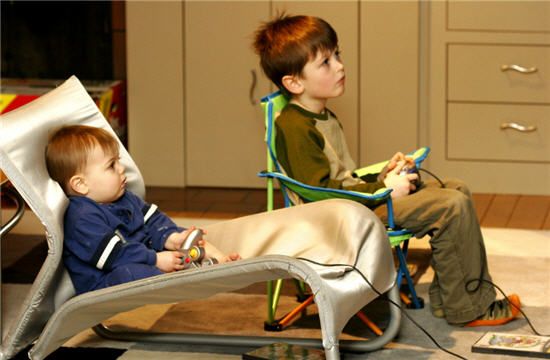
Technology is Heroin.
It's still very early. We're still in the phase of expecting some even better technology to come along and save us from this problem. Programmers are creating "no procrastinate" options for their web sites in order to help users not spend so much time there. Programs are being written to track online time to show users where they are spending all of their energy. The new addictive program will eliminate the ills of the old one.
Meanwhile, people get fatter and fatter, unable to get around or physically accomplish normal chores from a 100 years ago. Intelligence is going down as fewer and fewer books are being read (news flash: the printed book industry is on the way out unless this trend stops), and social organizations like churches and civic clubs see fewer and fewer members attend their meetings. The skills that are increasing? Reflex time. Ability to solve abstract, short-timespan problems. Basically the skills we need to interact with our entertainment. More and more, Indians and Chinese -- people coming from cultures who have been shut out of the technical world until recently -- are writing software for hardcore western appetites to consume.
Now that sight and sound are covered, new internet appliances promise to offer touch, smell. Locomotion is old hat. Eventually there will be a direct brain interface. There has to be: competitors will become so strong that only by direct brain stimulation will technology be able to continue to evolve.
People say that this is a good thing -- as technology evolves we will become trans-human: we will integrate in with machines and be able to process and work a thousand times faster than before.
This may be true. But if so, it would be a side-effect, not a direct result. That's like saying it'd be great to get hit by a train because you've always wanted a train ride. The driver here is the competition between various pieces of technology and brain-time. Whatever controls the most brain-time wins out evolutionarily over any other product, not matter how valuable it might be. World of Warcraft beats Wikipedia hands down. That driver will continue. It's foolish and pollyannish to think that somehow it'll all work out. Unless the conditions for the evolving threat cease, it will keep growing and adapting, no matter how much better, stronger, and faster we are.
It's all happening slowly, much slower than it did with heroin. We don't have the time-intensive life we once did. Heroin was a simple substance that had immediate, clear effects; this is a process of adaptation and survival that is taking generations. Heroin hit you in the face and still it took 50 years for us to figure it out. This is slowly creeping up our leg and strangling our minds, our souls, millimeter by millimeter, year by year. By the time we figure this one out, it might be too late.
No matter what, it will once again change our definition of what it means to be human.


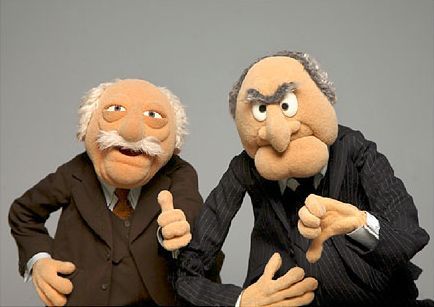
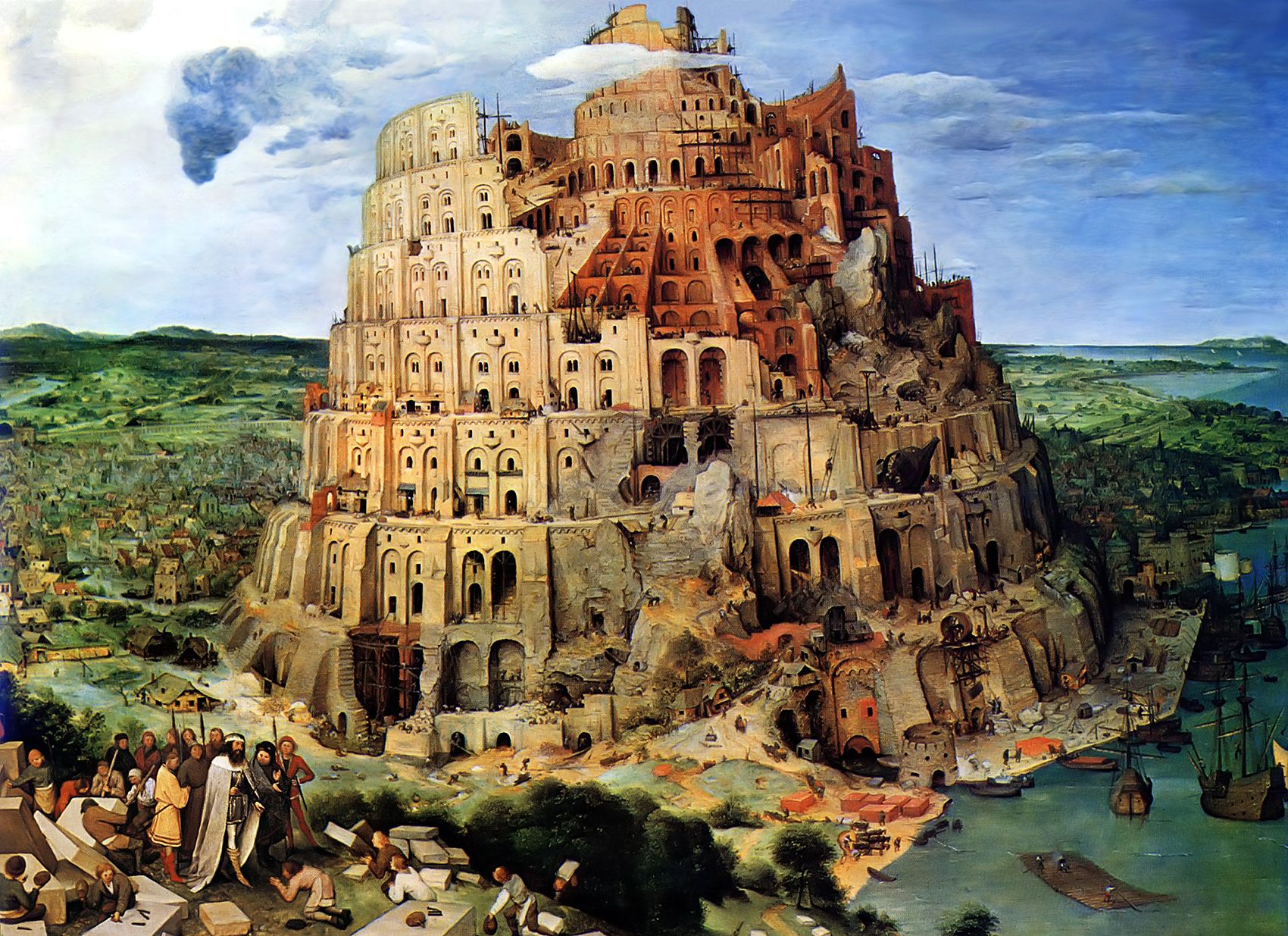
Comments ()